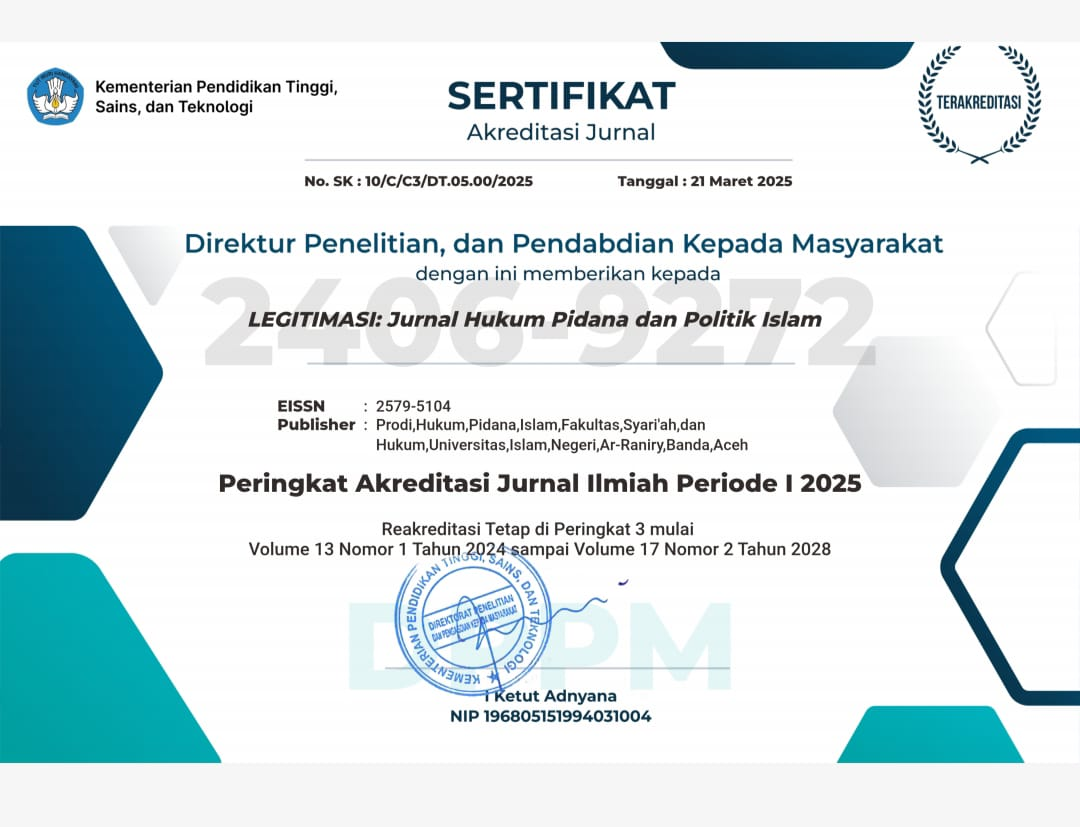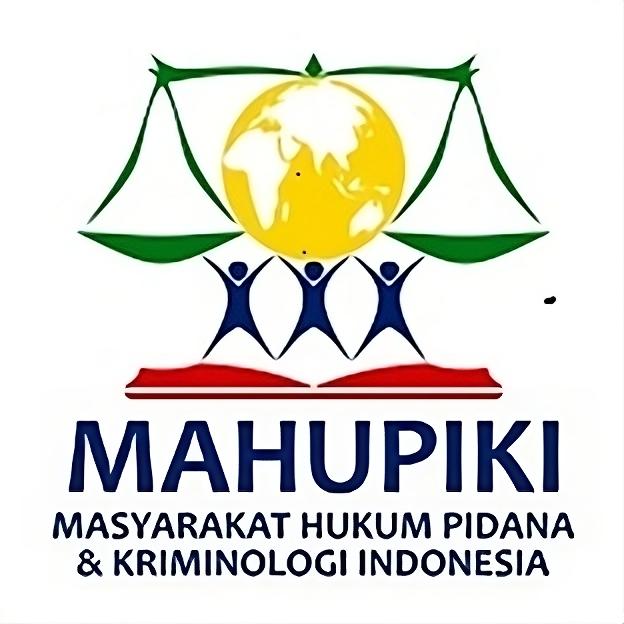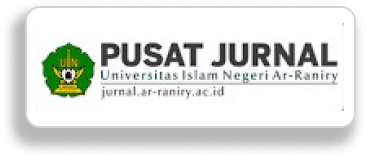Ngaming Customary Sanctions in the Resolution of Physical Violence Crimes in Gayo Lues: An Islamic Criminal Law Perspective
DOI:
https://doi.org/10.22373/legitimasi.v13i2.27580Keywords:
Sanction, Ngaming Tradition, Dispute Resolution, Physical Violence, Islamic Criminal LawAbstract
Physical violence is an act that causes pain, injury, or serious wounds. In the Gayo Lues community, there is a customary law that regulates sanctions against perpetrators of physical violence. Adat Ngaming, one of the customs of Gayo Lues, regulates the types and levels of sanctions and the weight of the sanctions according to the purpose of forming a law. This research examines how the Ngaming customary sanctions resolve physical violence cases according to the customary law of the Marpunge Raya settlement and the review of Islamic criminal law on Ngaming customary sanctions for perpetrators of physical violence in the Marpunge Raya settlement. This research uses the empirical legal research method through library and field data collection techniques. The research results show that Ngaming customs impose sanctions on perpetrators of physical violence crimes according to the type and severity of the actions committed by the perpetrator. Violence to the head that causes a lot of bleeding (blood flowing out) is compensated with one goat, and the bleeding wound is treated (luke besalin) until healed. If the blood flows a little (does not stream), it is compensated with a chicken, and the bleeding wound is treated (luke besalin) until it is healed. The Ngaming customary sanction is by the sanctions regulated in Islamic criminal law, where wounds on the head that bleed (al-Damiyah) and wounds on the head that do not bleed (ghair al-Damiyah) are subject to legal sanctions. For physical violence on objects other than the head and face, the penalty is to pay for medical expenses until recovery, which is not regulated in Islamic criminal law because violence on objects other than the head and face has different penalties, namely, ja’ifah wounds and non-ja’ifah wounds. The penalty for a ja’ifah wound is one-third of the diyat, while the penalty for a non-ja’ifah wound is qishash.References
‘Awdah, ‘Abd al-Qadīr. Al-Tasyri‘ Al-Jina’Iy Al-Islamiy: Muqaranah Bi Al-Qanun Al-Wadh‘Iy. I. Bayrūt: Muassasah al-Risālah, 1997.
’Abd al-Qadir ’Awdah. Al-Tasyri’ Al-Jina’i Al-Islami: Muqaranan Bi Al-Qanun Al-Wadh’i. 8th ed. Vol. II. Beirut: Dar al-Muassasah, 2016.
Abu Ya’la Muhammad bin Husein al-Farra. Al-Ahkam Al-Sulthaniyyah. Beirut: Dar al Kutub al-ʻIlmiyyah, n.d.
Abu Zahrah, Muhammad. Al-Jarimah Wa Al-’Uqubah Fi Al-Fiqh Al-Islami. Edited by Muhammad Rafiki. V. Vol. V. Kairo: Maktabah Tawfiqiyah, 2014.
Al-Bukhari, Abu ’Abd Allah bin Muhammad bin Isma‘il. Sahih Al-Bukhari, Juz IV. Beirut: Dar Sa’ab, n.d.
Al-Qurtubi, Muhammad bin Ahmad bin Rusyd. Bidayat Al-Mujtahid. II. Maktabah wa Matba‘ah Taha, n.d.
Alam, Qadeer. “The Qisas and Diyat Law in Pakistan: Prosecution of Offence of Murder.” Islamic Studies 58, no. 4 (2019).
Arief, Barda Nawawi. Bunga Rampai Kebijakan Hukum Pidana (Perkembangan Penyusunan Konsep KUHP Baru. Bandung: Citra Aditya Bakti, 2014.
Auda, Jasser. Maqasid Shariah as Philosophy of Islamic Law: A Systems Approach. Edited by I. London: IIIT, 2007.
Awang, Abdul Rahman Bin. “Diyah (Blood Money) as Substitution to Capital Punishment: An Attempt towards Harmonisation between Shari’ah and Malaysian Penal Code.” Australian Journal of Basic and Applied Sciences 6, no. 11 (2012).
Djuned, T. “Pengaruh Hukum Islam Terhadap Pembentukan Hukum Adat Aceh.” In Dinamika Sejarah Dan Globalisasi, edited by Darni M.Daud. Banda Aceh: Syiah Kuala University Press, 2005.
Gottesman, Evan. “The Reemergece of Qisas and Diyat in Pakistan.” Columbia Human Rights Law Review 23 (1992).
Hamzah, Andi. Asas-Asas Hukum Pidana. Jakarta: Rineka Cipta, 2008.
Hasjmy, A. Adat Aceh Dalam Sejarah. Jakarta: Beuna, 1982.
Hurgronje, Christiaan Snouck. Aceh: Adat Istiadatnya. Jakarta Indonesia: Indonesian Netherlands for Islamic Studies, 1996.
Imām Muslim al-Naysabūrīy. “Ṣaḥīḥ Muslim,” n.d., 1324–1324.
Ishom, Muhammad. “The Continuity And Change Of Diyat As An Alternative To Islamic Criminal Sanctions In Undhang-Undhang Bantěn During The 17th – 18th Centuries.” Jurnal Ilmiah Islam Futura 23, no. 1 (2023).
Ismail, Badruzzaman. Principles of Customary Law. Kota Banda Aceh: Aceh Traditional Council, 2009.
Kamali, Mohammad Hashim. Shari’ah Law: An Introduction. England: Onewarld Publications, 2008.
Khan, Rai Muhammad, and Khurshid Iqbal. “The Rule of ‘Death as the Normal Penalty for Murder’: A Case Study of the Qisas and Diyat Law in Pakistan.” Islamic Studies 58, no. 2 (2019).
Plockaya, Olga. “Customary Law Experience of Crime Prevention in the Customary Law of the Permian Peoples.” Russian Journal of Criminology 13, no. 2 (2019): 354–64. https://doi.org/10.17150/2500-4255.2019.13(2).354-364.
Reference, Oxford Paperback. Oxford Dictionary of Law. Oxford Paperback Reference. Vol. 20, 2003.
Simarmata, Rikardo. “The Enforceability of Formalised Customary Land Rights in Indonesia.” Australian Journal of Asian Law 19, no. 2 (2019).
Srimulyani, Eka. “Islam, Adat, and the State: Matrifocality in Aceh Revisited.” Al-Jami’ah: Journal of Islamic Studies, 2010.
Suartha, I. Dewa Made, I. Dewa Agung Gede Mahardika Martha, and Bagus Hermanto. “Between Mental Illness, Criminal Policy Reform, and Human Rights: Discourse on Reformulation of The Article 44 Indonesia Criminal Code.” International Journal of Criminal Justice Sciences 17, no. 1 (2022).
Sudarsono. Kamus Hukum. Edited by III. Jakarta: Rineka Cipta, 2002.
Sumardi, Dedy. Hudud Dan HAM: Menelusuri Hudud Yang Disyariatkan Dan Hudud Yang Difikihkan. Banda Aceh: Dinas Syariat Islam Aceh, 2011.
Syahrur, Muhammad. Al-Kitab Wa Al-Qur’an: Qira’ah Mu’asharah. Qahirah: Sina li al-Nasyr wa al-Ahalli, 1992.
Wahbah al-Zuhaili. Al-Fiqh Al-Islami Wa Adillatuhu. IV. Vol. VIII. Damaskus: Dar al-Fikr, 2014.
Widayati, Suryani Lidya. “Criminalization of Decency in The Criminal Code Bill from Moral Perspectives.” Negara Hukum 9, no. 2 (2018): 181–98.
Widyawati, Anis. “Criminal Policy of Adultery in Indonesia.” Journal of Indonesian Legal Studies 5, no. 1 (2020).
Zada, Khamami. “Politik Pemberlakuan Syariat Islam Di Aceh Dan Kelantan (1993-2014).” AL-IHKAM: Jurnal Hukum & Pranata Sosial 10, no. 1 (2015).
Zuhayli, Wahbah. Al-Fiqh Al-Islami Wa Adillatuh, Juz VII. IV. Dimasyq: Dâr al-Fikr al-Mu‘âshir, 2002.
Interview with:
Hasan Basri, a religious leader from Singah Mulo Village, on November 9, 2022.
Hasan Saleh, Head of Marpunge Raya Village, on November 11, 2022.
Haswadi, a resident of Singah Mulo Village, on November 8, 2022.
Khairul Anwar, a resident of Singah Mulo Village, on November 8, 2022
Rosdiana, a resident of Singah Mulo Village, on November 8, 2022
Samsul Bahri, Headman/Head of Singah Mulo Village, on February 5, 2022.
Syamsuddin, Community Leader of Marpunge Raya Village, on November 11, 2022.
Downloads
Published
Issue
Section
License
Authors who publish in Legitimasi: Jurnal Hukum Pidana dan Politik Hukum agree to the following terms:
- Authors retain copyright and grant the journal right of first publication with the work simultaneously licensed Attribution-ShareAlike 4.0 International (CC BY-SA 4.0) that allows others to share the work with an acknowledgment of the work's authorship and initial publication in this journal.
- Authors are able to enter into separate, additional contractual arrangements for the non-exclusive distribution of the journal's published version of the work (e.g., post it to an institutional repository or publish it in a book), with an acknowledgment of its initial publication in this journal.
- Authors are permitted and encouraged to post their work online (e.g., in institutional repositories or on their website) prior to and during the submission process, as it can lead to productive exchanges, as well as earlier and greater citation of published work. (See The Effect of Open Acces)












